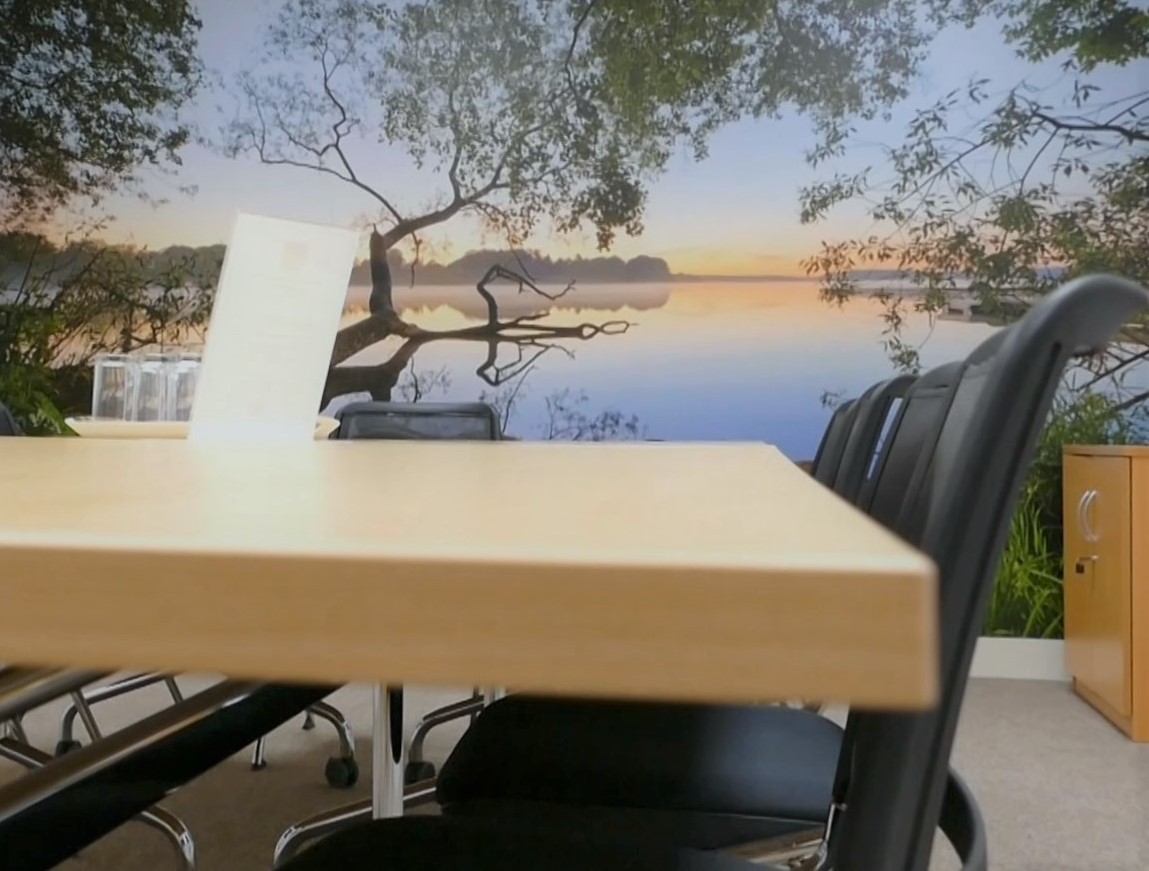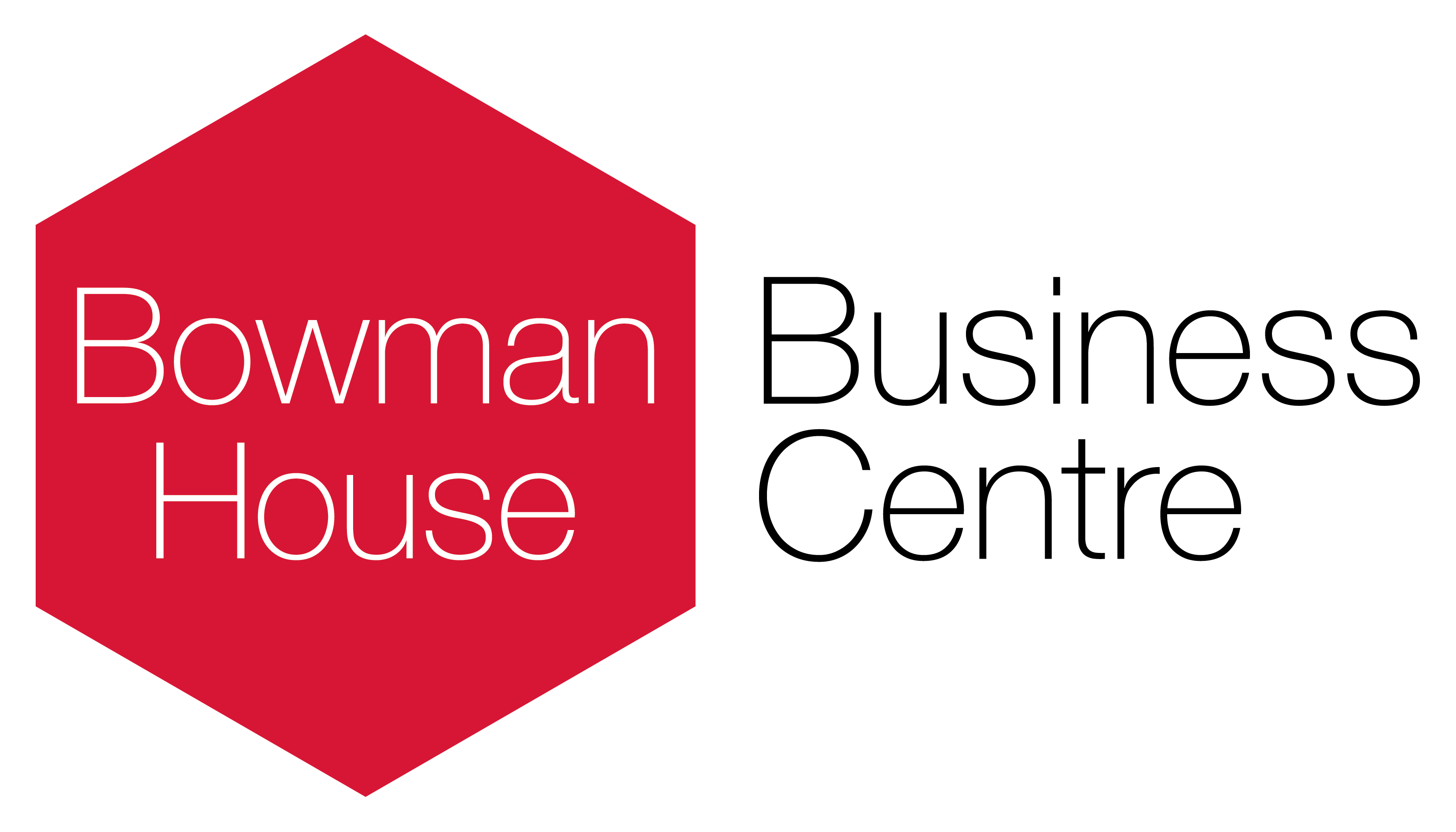How to Host the Perfect Meeting

How to Host the Perfect Meeting
According to a recent survey carried out by STL Microsoft Training, the average SME employee attends 207 meetings every year, of which they think 139 (67%) are a waste of both their time and their company’s money.
A good meeting should provide a productive place for collaboration, problem-solving, brainstorming, business development and team discussions so here are our top tips for a productive meeting:
Set an agenda
Why is the meeting being held and what do you want to achieve from it?
You need to be able to answer both questions and let your attendees know what is needed from the meeting. Prepare an agenda in advance highlighting the aims and outcomes expected. This will make sure you have a clear vision of what needs to be discussed and allows attendees to prepare in advance.
Get everyone involved
One problem that tends to occur is that the host or more dominant individuals will do most of the talking. To encourage engagement, make sure everyone has an equal voice, allowing them to share their opinion or prepare ideas beforehand. To help others speak up you can:
- Make it fun by using flash cards or props
- Allow group or individual brainstorming then get attendees to share ideas
- Ask each member of the meeting to contribute with an idea
- Take notes
Designate a member of the meeting to take minutes as this gives you the freedom to focus on leading the meeting without having to take your own notes. Or even better, you can use an app like Cogi, which records and write up the minutes for you. This also allows you to use the notes to create follow-up actions after the meeting.
Timekeeping is key
Having a set timescale for the meeting means that your colleagues can organise and schedule the meeting around their day. It is important to stick to the set start and end time as close as possible. If you continue to start or finish late you may gain a reputation that you are inconsiderate to your co-worker’s work schedule.
End with a follow-up
Just before the meeting is about to finish, recap what was covered in the meeting and what will happen next. After the meeting, provide notes to all participants that clearly outline actions moving forward, schedule in a timeline for any projects and assign any tasks.
To make your meeting even more effective, consider holding it in a professional, well-equipped space. We offer high-quality meeting rooms in Royal Wootton Bassett and meeting rooms in Swindon that are ideal for productive business discussions.




